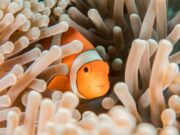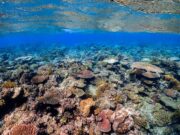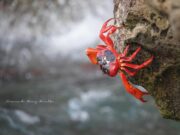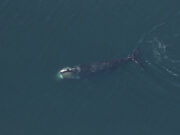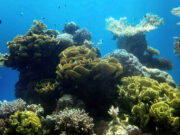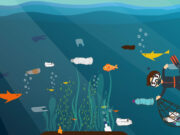Saudi Arabia is negotiating to buy the Red Sea resort of Ras Ghamila from Egypt, reports the Middle East Eye.
Ras Ghamila is in the popular diving area of the Straits of Tiran. This area has been voted into the top 100 dive sites of the world.
The Egyptians have already ceded the nearby Tiran island to the kingdom.
Saudi investors are said to be keen to acquire Ras Ghamila because of its proximity to Tiran Island, and its potential to boost tourism between Sharm el-Sheikh and Neom in Saudi Arabia.
Egypt has been selling off assets in its effort to ease a foreign currency and funding crisis to its allies including Saudi Arabia, the United Arab Emirates and Qatar.
In March Egypt allowed its currency, the Egyptian pound, to float, in order to access a bail out by the IMF. This led to the exchange rate jumping from 30 Egyptian pounds to 1 US dollar, to 50. Dive operators in Egypt stopped accepting Egyptian pounds unless accompanied by a receipt from an Egyptian bank.

